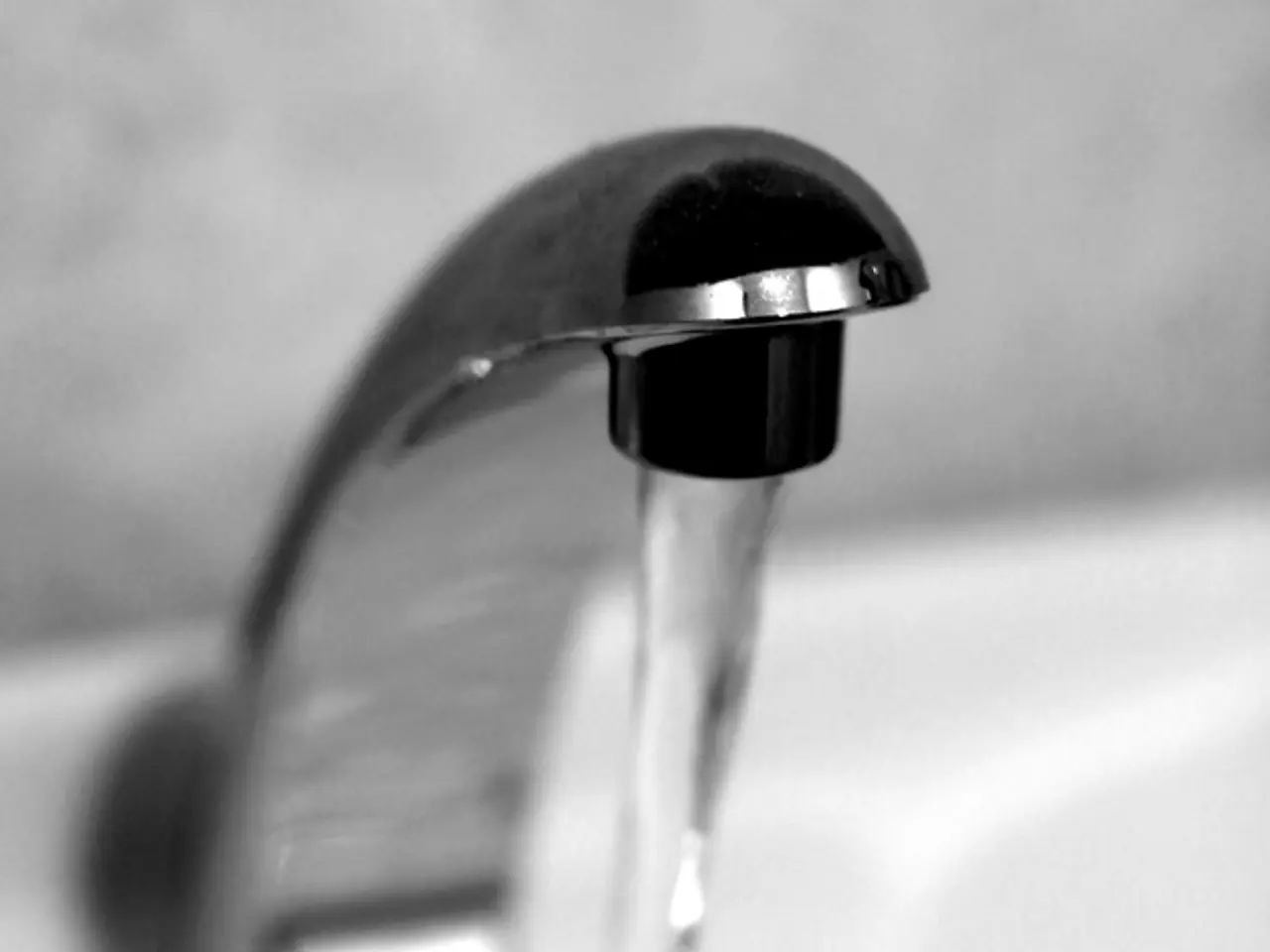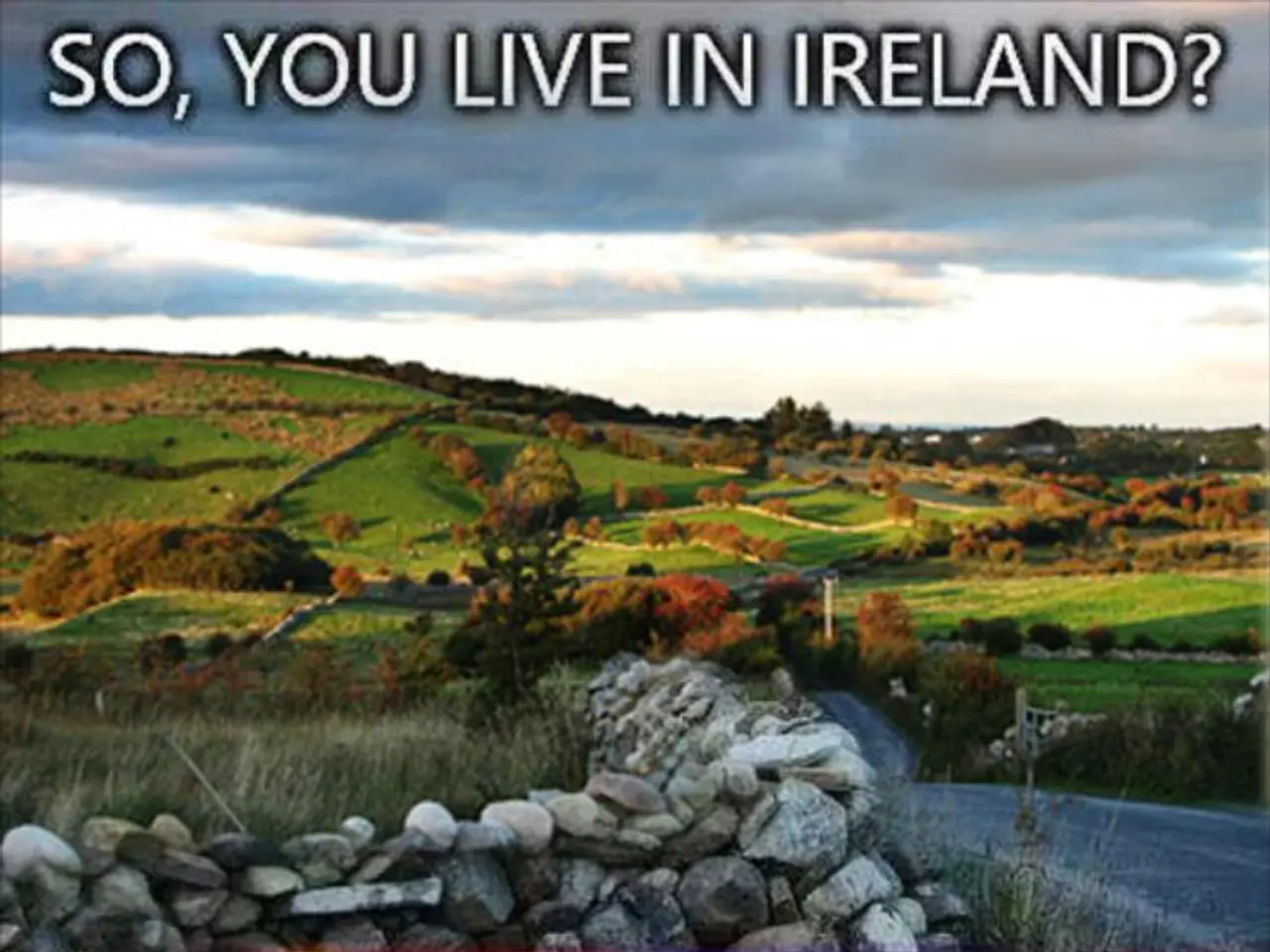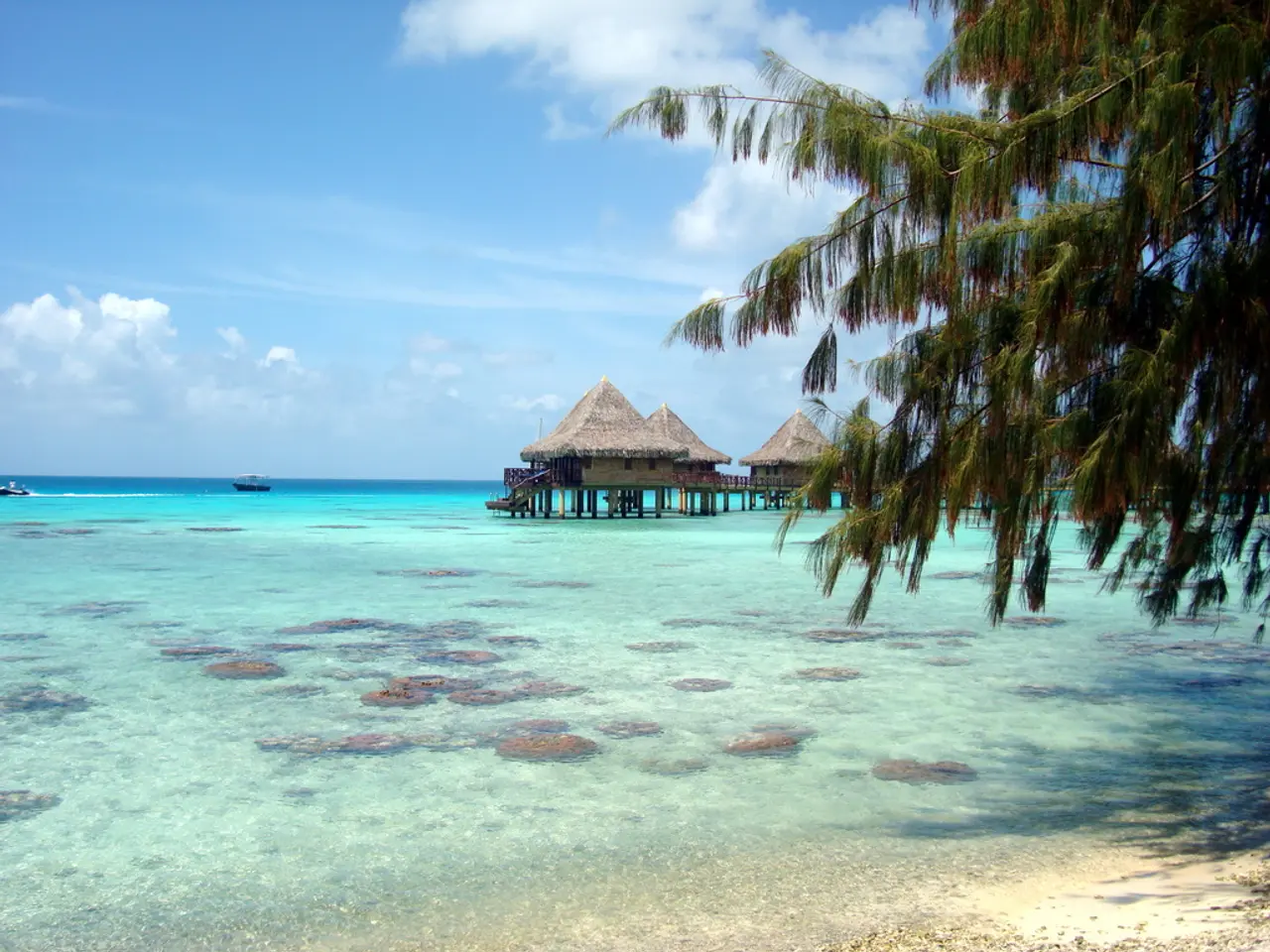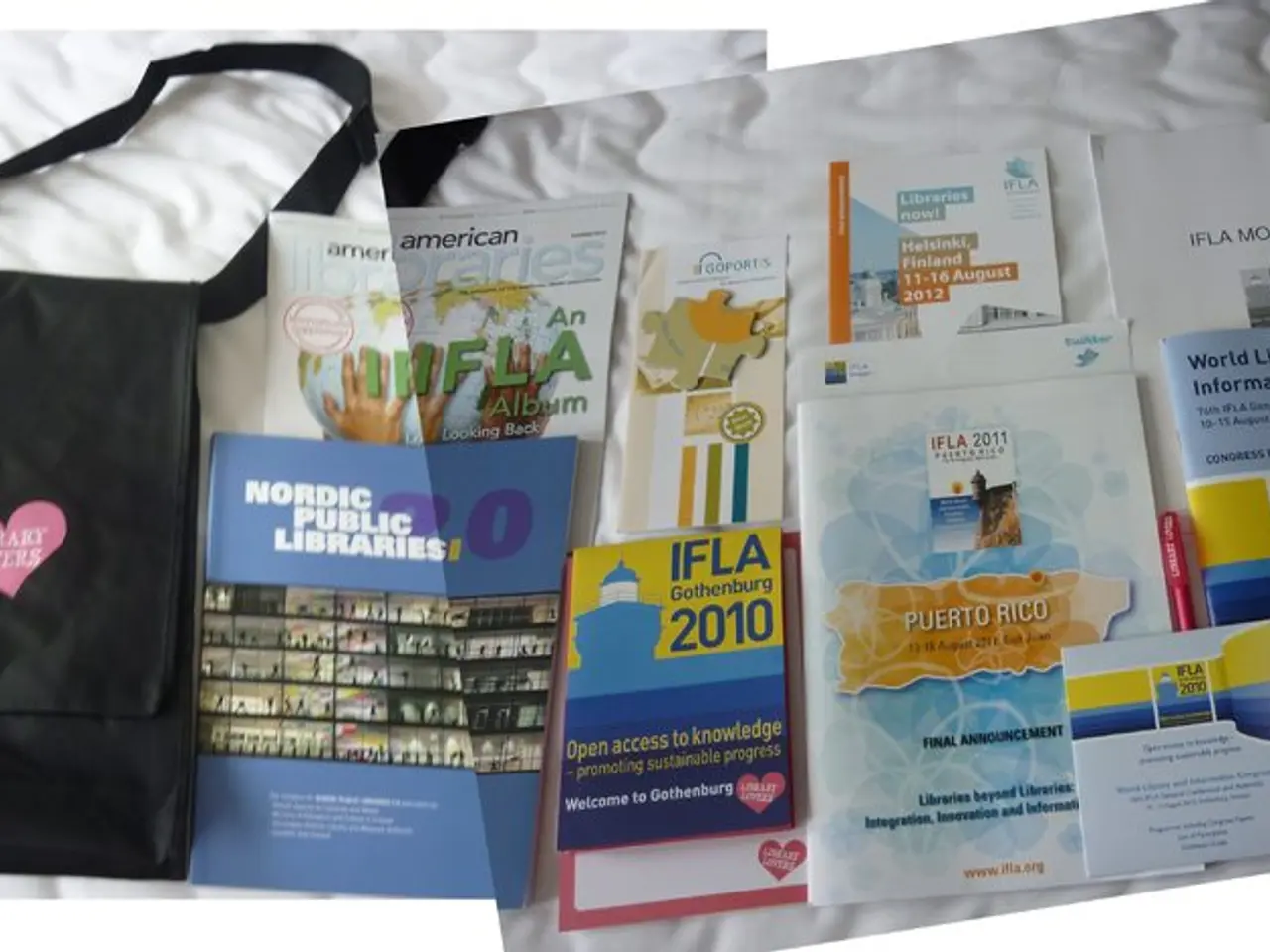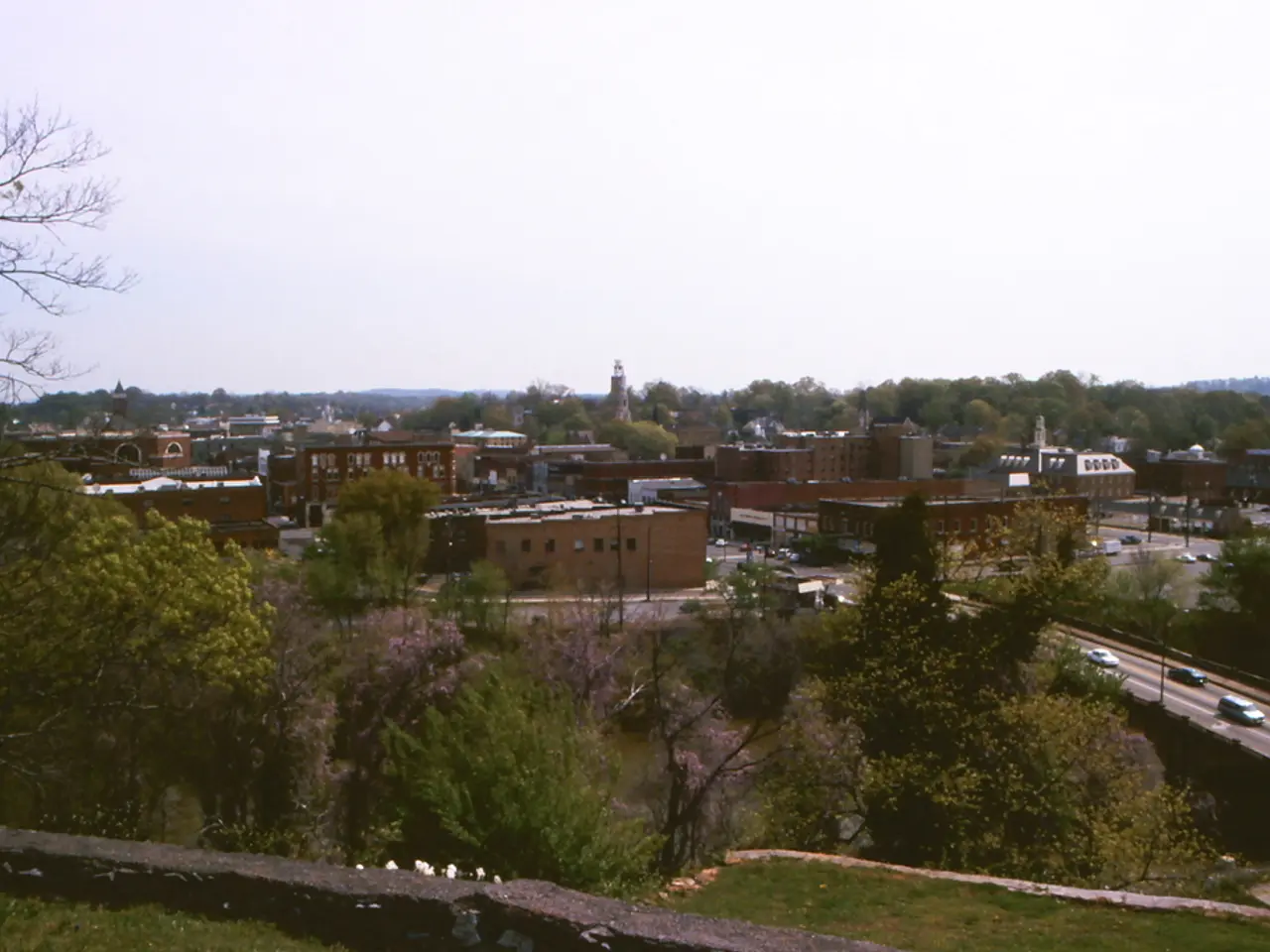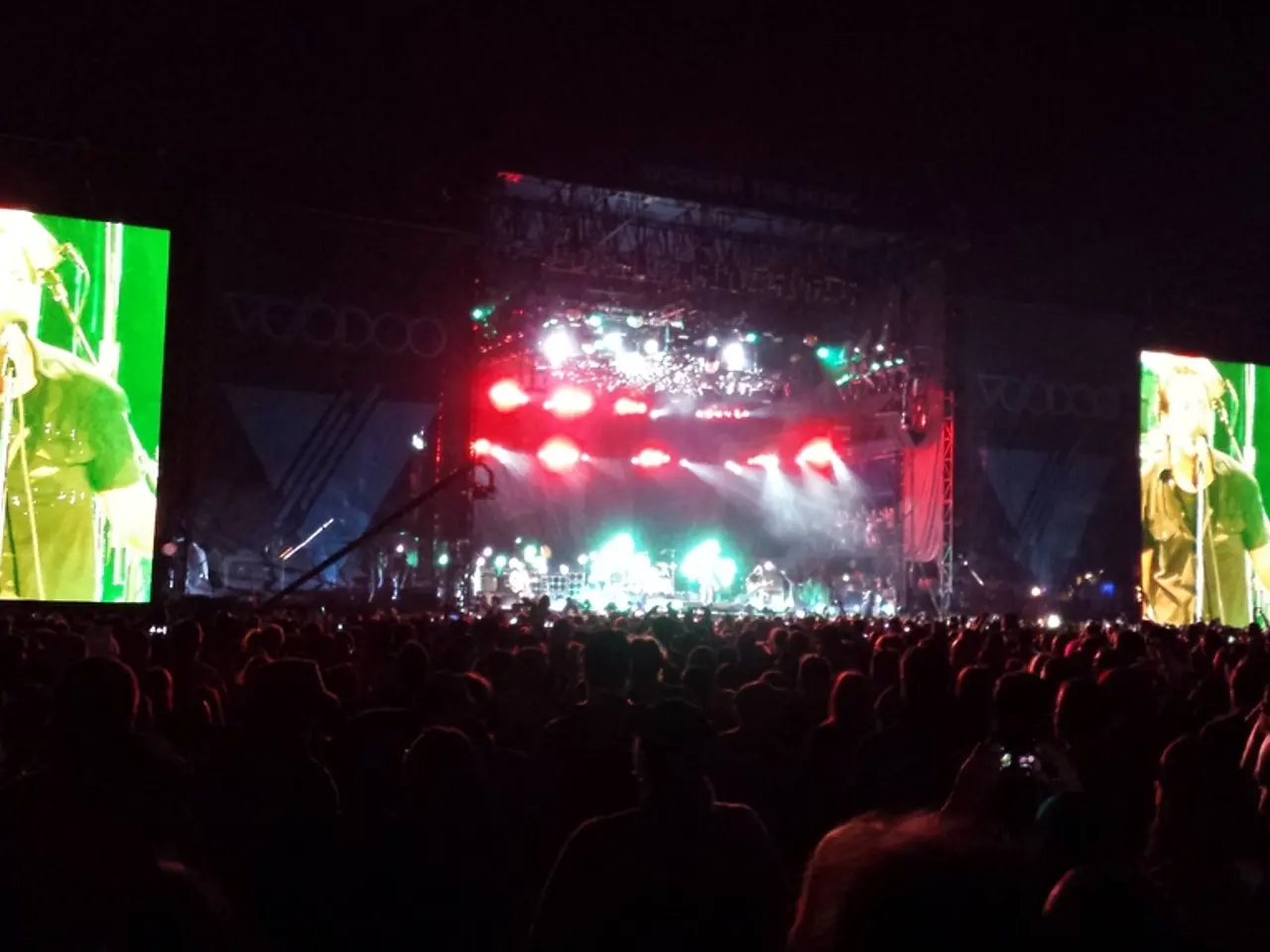Rivers and lakes within Potsdam are no longer allowed to be drawn from. - Rivers and lakes within the city of Potsdam are now off-limits for water extraction.
In response to the ongoing drought and declining water levels in the Brandenburg region, authorities have imposed restrictions on water extraction for irrigation purposes in several districts, including Potsdam.
The low water levels in Potsdam's lakes, a city-wide issue, are attributed to the first half of 2025 experiencing rainfall significantly below the long-term average, leading to a decrease in groundwater levels. As a result, the city has prohibited water extraction from lakes and rivers for irrigation purposes until October 10, 2025.
Similar regulations are already in place in many Brandenburg districts, such as the Prignitz, Teltow-Fläming, Oberhavel, the Uckermark, and Frankfurt (Oder). However, exceptions to these water extraction restrictions have been made in some areas, including the aforementioned districts and soon, Ostprignitz-Ruppin.
The shallow, low-storage aquifers in the Berlin-Brandenburg region are highly vulnerable to human water extraction and climate change impacts. Groundwater levels have declined significantly in recent years, with recharge in drought years like 2018 being extremely low compared to wet years such as 2010. This ongoing decrease suggests increasing pressure on water resources across the region.
To safeguard these vulnerable water sources, regions like Brandenburg impose restrictions on water extraction for purposes such as irrigation during drought periods. These restrictions often include limits or bans on irrigation with groundwater or surface water from lakes and rivers during critically low water levels, requirements for obtaining permits for water use or extraction, and encouragement or mandates to switch to more water-efficient irrigation practices or alternative water sources when available.
In Potsdam, although the exact regulations for irrigation are not provided, given the region-wide drought and vulnerability of water sources, it is highly likely that the city and local water authorities implement temporary bans or restrictions on irrigation water use during periods of low water availability, especially for private and municipal irrigation. There could also be monitoring and enforcement of water extraction permits to ensure compliance with sustainable water use. Residents and agricultural users might be advised or required to adopt water-saving irrigation practices.
For precise current regulations in each district of Brandenburg and especially in Potsdam, it is recommended to consult official local governmental sources or water regulators, such as the Brandenburg Ministry of Environment or local water boards. These authorities typically publish notices or guidelines during drought emergencies, specifying allowed water uses, restrictions, and penalties for non-compliance.
In summary, the ongoing drought in the Brandenburg region has led to the implementation of water extraction restrictions in several districts, including Potsdam, to protect groundwater and limit irrigation to prevent depletion. For the most up-to-date and detailed regulations, consulting official local governmental sources or water regulators is essential.
Small and medium-sized undertakings in the Brandenburg region, particularly those in agriculture, must adhere to the community policy on water extraction restrictions during critical drought periods, such as the current one. This policy, aimed at preserving water resources, may include diversions from conventional irrigation practices for small and medium-sized businesses.
Science and environmental-science disciplines have an essential role in informing policies and practices regarding the management of water resources in regions like Brandenburg. By studying the weather patterns and climate change impacts on shallow aquifers, these areas can better understand the vulnerabilities and enact more effective measures for sustainable water use.
